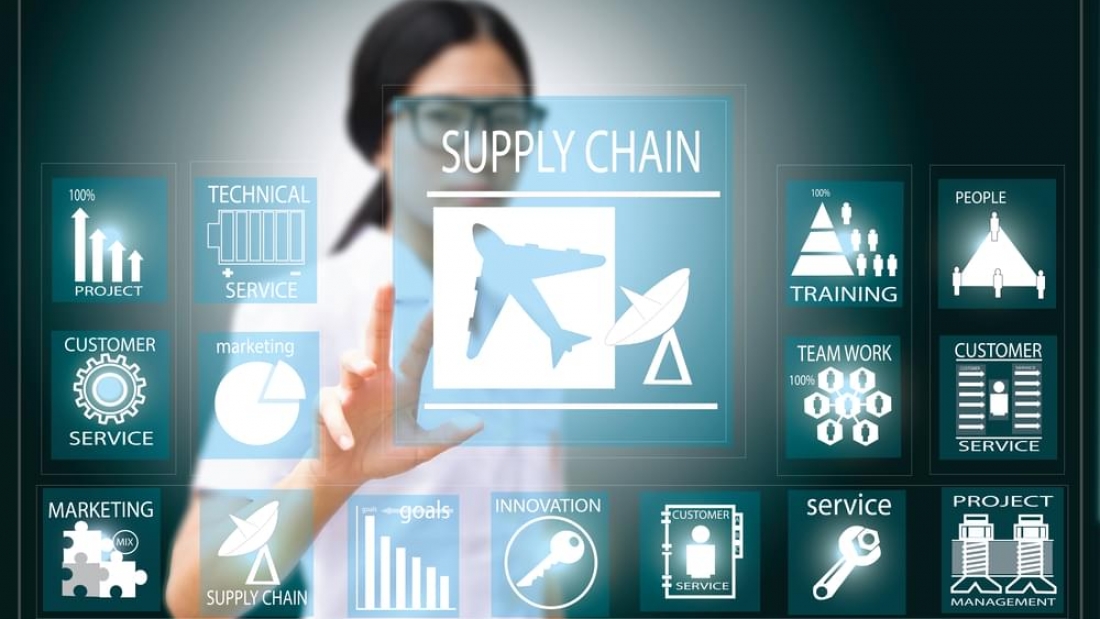As one who lies on the border of being a Millennial or Gen Z, the tone around how technology affects my life is mostly pessimistic. Popular conversations include: “social media is negatively affecting how we communicate” or “my friend has a video game addiction that takes away from other parts of his life” or “my grandfather has been feeding cash to online poker ever since we gifted him an iPad.”
Why can’t this change?
Instead of these topics always being the height of the conversation, why can’t we say “Hey, how cool is it that we can order off of this Drizly app and get booze delivered to our door without leaving the couch?” or “It’s pretty convenient that Walmart has every brand of soap I could ever think of at three stores within 10 miles of my house.” These are things we have learned to take for granted, but none of it would be possible without the (evil) technology we spoke about before, that drives the supply of goods and services.
I would like to present another example (similar to my last article) to show how technology adopted in the digital transformation era has helped make the world a more efficient place (I understand the word efficient does not equate to better, but from an engineer’s perspective, more efficient is better).
Imagine the world is depending on you delivering a package to a friend. Pieces of civilization will last longer as long as you deliver the package quickly. The faster you deliver, the more survivors. The issue is you live in New York City and your friend lives in London. The world was most likely ending if we ran this simulation any time before 1492, when Colombus sailed the ocean blue. We will assume you are not a master boat maker who can sail the Atlantic before anybody else, so without this new boating technology the world is ending because we cannot deliver our package. Early boats took about a month to sail the Atlantic. If we assume that it would take about another month to travel to wherever the boat was leaving from in NYC, port in England, and eventually find your friend in London – we can assume our total task would take about two months, before 1800. The timeline of this task probably shrunk to around one month before 1927, when Charles Lindburgh made his first flight across the Atlantic. Modern flights over the Atlantic weren’t popular until years after WWII, and even in that case it would be difficult to afford, and find, a flight to London, still making the trip to your friend last several weeks. It wasn’t until 1973, when Frederick Smith (father of Atlanta Falcons head coach, Arthur Smith) had the bright idea of taking seats and people out of planes and replacing them with boxes. This idea helped shape modern logistical practices, and Smith’s idea later grew into a company known as Federal Express (AKA FedEx). Early FedEx could probably help a bunch and even deliver your package for you! Still, it would take weeks for the package to leave you in NYC and get to your friend in London. Now, here we are in 2022, where I can overseas ship a package to my buddy in London in just two days for a pretty cheap cost with Amazon!!!
How exactly did technology help us in our example above? Take the first case and the last case. In the first case, we had to get on a boat and sail across the Atlantic (probably risking our lives) and find our way to London without having any sort of immediate contact with our friend. This trip would likely cost me my life savings and I probably would not be able to afford a trip back home (at least the world would be saved). Through the development of boating technology, then railroads, then automobiles, then (most recently) aircrafts, and then the commercialization of logistics, I can spend significantly less ($40 Amazon priority overseas shipping vs. my life savings in 1600), I can have someone else do it for me (no one would deliver my package to my friend’s door in 1600, sad), and the time to do so shrinks from months to days. Pretty neat!!!
That example has a singular item or package being delivered. Imagine a company that has a 10,000+ item portfolio, in which they source and ship internationally, and have to deliver to billions of consumers as they promise, on time and in full? Technology helps!
The best supply chains will be the reason the world will eventually be able to feed 10 billion mouths every day, it will ensure that every single person in the world has access to soap and other essential materials, and it will definitely make sure those Bud Light cans keep flowing out of St. Louis, MO at the pace of more than one million bottles a day. Technology will bring us there. HELL YEAH.
“A lot of people are sad about the future and they’re pessimistic. And I think that is not great. I mean, we really want to wake up in the morning and look forward to the future. We want to be excited about what’s going on” – Elon Musk



Leave A Comment